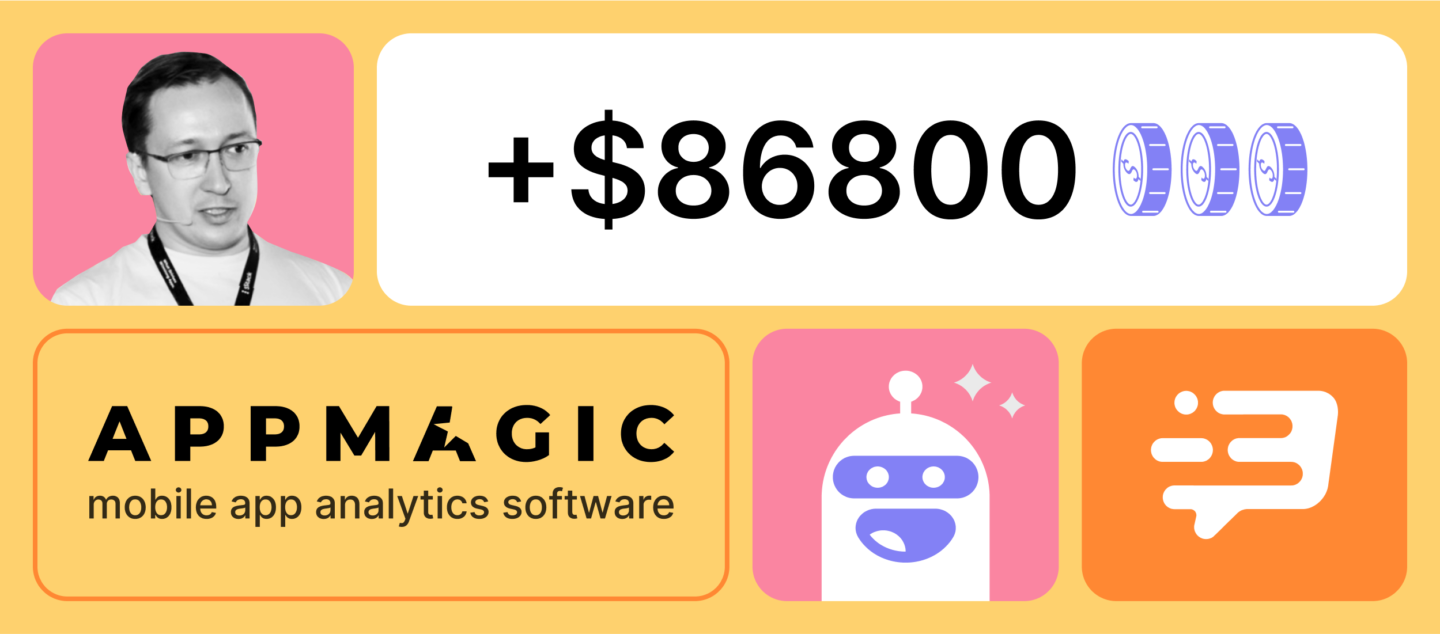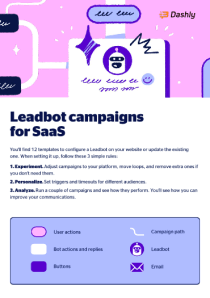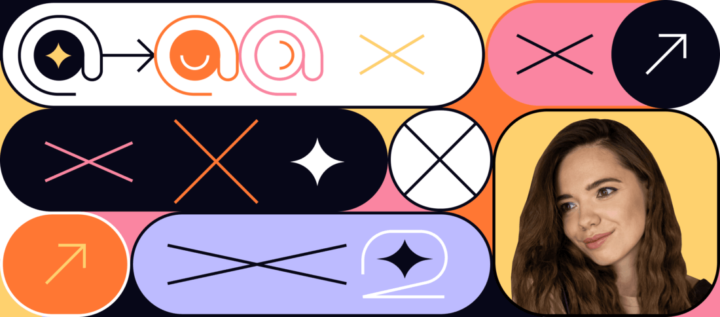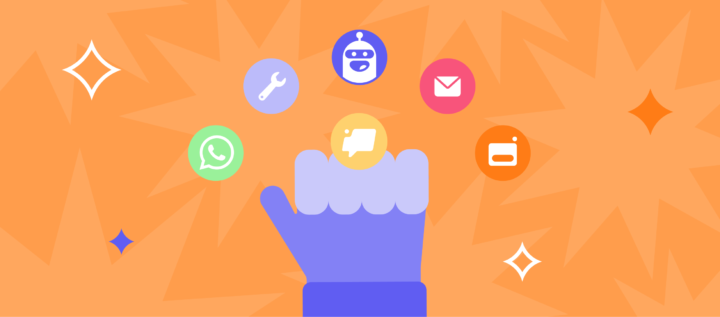AppMagic + Dashly: how to increase the CR to Premium Plans and raise $86 800 with the chatbot on the website

35 users switched to Premium Plan
+ $86 800 earned AppMagic
in 3 month
AppMagic is a mobile app analytics software. You can find the fastest-growing apps, explore your competitors and your market trends using it. All this helps developers and product guys define which features should be released for apps to become viral and generate revenues.
Over 100 companies worldwide use this software, including ByteDance (owner of TikTok), Google, Huuuge Games.
Business segment: SaaS B2B
Target audience: C-level management, founders, investors, product managers, analysts, marketers, business development guys
Monthly traffic: 75 000 users
AppMagic’s CEO Max got to work with Dashly to enable tools for conversion rate growth and consult the team experts.
At first, we only needed the live chat for customer support. But then we started exploring the customer journey, and it dawned on us that we acquired tons of non-target traffic to our website. This influenced our sales because we allocated time inefficiently while we could only work with the high-quality traffic and audience.
Bad traffic makes it harder for us to monitor how potential customers interact with our website. It means we’re unable to identify our product bottlenecks. We appreciated the need to filter our audience and qualify target users, that’s why we implemented Dashly tools.
AppMagic used Dashly’s live chat for customer support and configured IP address tracking.
Here’s how AppMagic engaged Dashly tools:
- they configured audience filters;
- launched 6 chatbot campaigns in 5 languages;
- worked out and tested hypotheses on how they could increase the conversion rate to premium plans.
Of all users who talked to Leadbot, 35 subscribed to premium plans for a total of at least $86800.
What makes the business special?
This software uses the freemium model which means users don’t pay for the platform. The Premium version price starts from $2480. All emails are configured and sent manually with texts copywritten individually for each customer because of a high AOV.
The project’s goal is to increase the conversion rate to a premium subscription for the software.
Project objectives
- to define who’s the target user among those who signed in for the first time;
- configure leadbots offering relevant content to different segments of the audience;
- identify the product’s weak spots where target users experience difficulties.
Thanks! Now check your inbox please

Major issue
95% of website traffic is non-targeted. On AppMagic’s website, you can see mobile app ratings. The apps are rated by three criteria:
- by install count;
- by revenues they generate;
- or by featuring score — this metric shows how often the app is featured in App Store/Google Play recommendations.
Users can see the statistics and rating for each application:

Games’ pages are usually ranked highest in search engines. Users often visit them when they look for a game to download.
These users often contact AppMagic’s support thus distracting agents from working with their target customers which are game developers. Plus, it’s getting hard to follow the potential customer journey and see product bottlenecks because most traffic is of bad quality.

You can only sign in on AppMagic’s website with your social media accounts. When a user signs in, their email is recorded. Prior to the implementation of Dashly, guys at AppMagic used to identify target users manually by reading through their emails. If an email had a game dev studio domain, it would mean this was a target user. The rest of the emails were checked using the algorithm and the “blacklist”.
They tried to follow and monitor the customer journey using built-in analytics tools looking at session count and duration, and user locations.
But we couldn’t see the big picture. It was hard to qualify users and distinguish target from non-targeted ones. In FullStory, we could see session recordings, but that feature was expensive and it didn’t bring special value. It didn’t help us with qualification
What was the solution? Dashly’s chatbot!
Max, CEO of AppMagic, was looking for software that would help identify target users, see how they interact with the product, and define places where users experience difficulties. Then, he would communicate all this info to developers to make AppMagic more convenient and user-friendly.
Max chose Dashly as he was already familiar with the platform. One of the developers at AppMagic configured Leadbot campaigns himself and consulted the Dashly team with tech-related questions.
After all, we collected all ideas into our backlog to improve user experience and increase conversion rates. And we already implemented some campaigns.
Identifying target users with audience filters
First of all, we introduced a property for non-targeted users. It was automatically assigned to users who:
- visited the game page during their first session;
- had a non-targeted email domain according to the rule.
Thus, non-targeted users couldn’t trigger Leadbot and interact with it.
Configuring the qualification chatbot
Together with the Dashly team, AppMagic configured Leadbot for target users that could identify the user’s role in a company. These are the options that chatbot suggested:
- Indie / Newbie,
- Biz Dev / Marketing,
- Product / Analytics,
- C-level / Founder / Investor.
Indie/Newbie is a non-paying user, but AppMagic works with them despite that. These users can tell their colleagues from other companies about the platform or grow to the paying role one day.
We suggested seeing an explainer video about the platform, reading about its tools, or seeing the video guide if users chose this option. Thus, Leadbot not only qualifies a user but also helps with their onboarding.
Outcomes
This is what chatbot generated:
- 13 users signed up for a demo and bought the Premium plan;
- 22 users requested the price list and bought the Premium plan.
The Premium plan costs at least $2480, so AppMagic made at least $86800 for three months.
What’s next?
This is what AppMagic already did:
- they set up data collection to see where their users experience difficulties in their product;
- identified target users and analyzed their sessions;
- monitored how users interact with the platform’s website: what pages they visit, how much time they spend, where they get stuck.
AppMagic guys are planning to release tips and video guides in places where users get stuck.



![The ultimate guide to growth marketing in 2023 [explained by a growth hacker]](https://www.dashly.io/blog/wp-content/uploads/2023/04/The-ultimate-guide-to-growth-marketing-explained-by-a-growth-hacker-720x317.png)



